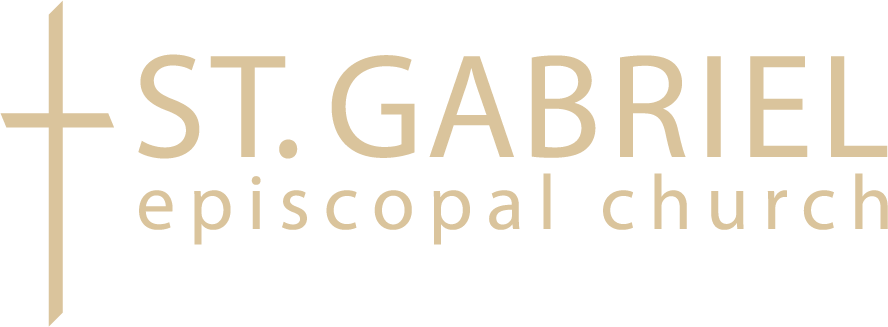Psalm 130
1 Out of the depths have I called to you, O Lord;
Lord, hear my voice; *
let your ears consider well the voice of my supplication.
2 If you, Lord, were to note what is done amiss, *
O Lord, who could stand?
3 For there is forgiveness with you; *
therefore you shall be feared.
4 I wait for the Lord; my soul waits for him; *
in his word is my hope.
5 My soul waits for the Lord,
more than watchmen for the morning, *
more than watchmen for the morning.
6 O Israel, wait for the Lord, *
for with the Lord there is mercy;
7 With him there is plenteous redemption, *
and he shall redeem Israel from all their sins.
The Psalmist speaks for all who are in a place of need, and this psalm is cherished by those who maybe find themselves “out of their depths.”
The story is told of John Wesley’s conversion in 1738 while listening on Aldersgate Street in London to a reading from Martin Luther’s Preface to the Letter to the Romans, but this occasion was preceded earlier in the day by Wesley’s attending worship at Saint Paul’s Cathedral in London where he heard the words of Psalm 130, “Out of the depths have I called to you, O Lord.”
Wesley might have found his heart “strangely warmed” by the declaration of forgiveness found in the gospel, but he likewise might have been prepared to receive this word by waiting on the Lord and seeking the Lord’s face. After all, “If you, Lord, were to note what is done amiss, O Lord, who could stand?”
On the one hand, we acknowledge our predicament, our sins and trespasses, our inconstancy and our weak faith. And on the other hand we affirm – gladly and boldly (and humbly) – “With him there is plenteous redemption,” for “he shall redeem Israel from all their sins.”
Sometimes people ask me if I would do “Ashes to Go” – the practice of dispensing ashes to passerby on Ash Wednesday. It is often suggested that this is an evangelistic tool to reach people who otherwise wouldn't (or couldn't) be in church on Ash Wednesday.
And while I have done so in the past, I’ve come to the conclusion that ashes given without the Word or the Eucharist is like condemnation without absolution and reconciliation, or the burden of our sins without the liberation that Christ brings.
The gospel has two wings - a wing of the Law which condemns and a wing of grace which sets free. The preaching of the Word and a sharing from the Table in Communion presents the good news that "Christ has died, Christ i risen. Christ will come again" - for us and for our salvation.
So, we hold together both things – “Who could stand?” under the just judgment of God
AND
“O Israel, wait for the Lord, for with the Lord there is mercy.”
Thanks be to God!
